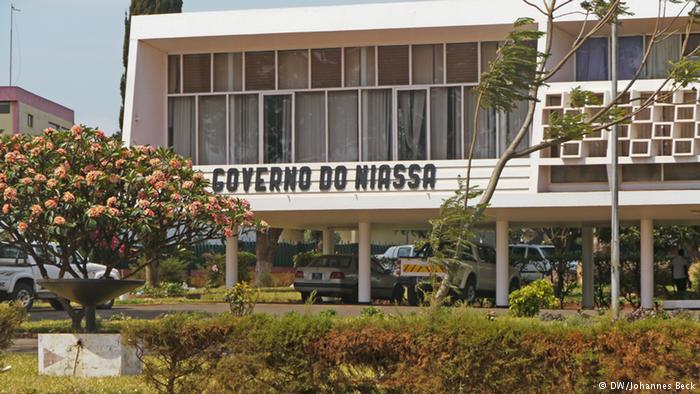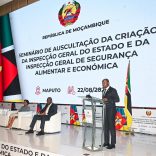Mozambique: President wants general inspectorate to oversee state administration - Watch
Mozambican government approves legislative package for decentralisation

The Mozambican government has announced the approval of a legislative decentralisation package which will allow provincial governors to be elected in the general elections on October 15, thereby fulfilling its agreement with the opposition, DW reports.
The package includes the laws pertaining to the functioning of provincial decentralised governance bodies, the organisation and operation of provincial assemblies, the representation of the state in the province, and the oversight of decentralised entities by the state.”
“Once approved by the Council of Ministers, the bills will follow the normal procedure,” said spokeswoman for the Council Ministers Ana Comoana said on Tuesday (12-02), going for debate in the Assembly of the Republic.
The proposals come under the framework of agreements between the Mozambican President, Filipe Nyusi, and the former leader of the Mozambican National Resistance, Afonso Dlhakama, with a view to signing a peace agreement for the country.
Provincial governors to be elected

Ana Comoana announced some of the new features being proposed to Parliament at a press conference after the Council of Ministers meeting on Tuesday.
The legislative package provides that, starting with this year’s elections, provincial governors will be elected rather than appointed by the central government.
The leader of the province will be the head of the list of the party getting most votes in the provincial assembly election. Provincial assemblies, to which the governor will be accountable, will have broader powers, including the power to dismiss the governor under certain circumstances.
The term “provincial government” will change to “provincial executive council”, reflecting the fact that it is no longer a representation of the central government but a “decentralised body with its own autonomy” at administrative, financial and immovable assets levels, Comoana said.
The package of laws provides for the creation of the post of Secretary of State in the Province, an official to be appointed by the state president, who will have exclusive powers to perform state functions and oversee provincial services at the provincial level.
“In general, this proposal [law of state representation] establishes the rules of organisation, operation and supervision of state services that are not within the scope of the provincial executive council,” she said.
The secretary of state in the province will, for example, have the power to protect local authorities, Comoana said.
Among other changes, election campaigns will end the day before the election, rather than several days in advance, as currently.













Leave a Reply
Be the First to Comment!
You must be logged in to post a comment.
You must be logged in to post a comment.